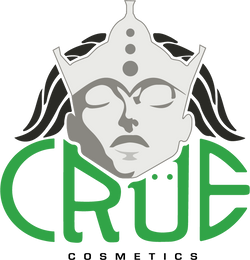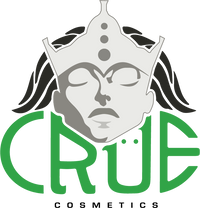
Vitamin D is a very common topic. It is said that 80% of the population is currently deficient in vitamin D. But how is this possible? One theory is that due to soil depletion caused by pesticides and herbicides, we are no longer able to get all the micronutrients our bodies need from food. But what does this mean for our hair? Could a vitamin D deficiency be the cause of your current hair loss?
Keep reading this article to learn more.
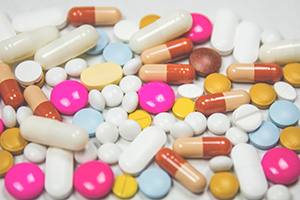
Vitamin D is a fat-soluble vitamin that acts like a steroid hormone. This means that vitamin D needs fat to be absorbed by the body.
The roles of vitamin D in our body are numerous. Here are a few :
- Reduce inflammation
- Regulate neuromuscular and immune function
- Help in glucose metabolism
- Regulation of calcium metabolism and bone health
- Prevent hypocalcemic tetany
Vitamin D is necessary for growth and development, helps maintain strong bones and teeth, and regulates blood pressure. It can also play a major role in the prevention of cancer and disease.
When your body is deficient in this essential nutrient, the parathyroid glands will acquire calcium from the skeleton in an attempt to keep blood calcium within the normal range. This means that a lack of vitamin D will have an immediate negative effect on our bone density. According to the Cleveland Clinic, other negative side effects are:
- High blood pressure
- Diabetes
- Immune system disorders
- Multiple sclerosis
- Depression
- Hair loss

Yes, it is indeed possible. Hair loss can sometimes signal a vitamin D deficiency. This is because vitamin D is metabolized by skin cells that process keratin. Keratin is the protein that makes up most of the nails, hair and skin. When the body does not have enough vitamin D, the keratinocytes in the hair follicles are no longer able to regulate the cycle of hair growth and hair loss. All this scientific jargon means that vitamin D plays a major role in the functioning of our hair follicles and their ability to produce and maintain healthy hair strands.
Here are some effects that vitamin D deficiency can have on the hair:
- Telogen effluvium (extreme hair loss)
- Alopecia Areata (patches of hair loss)
- Hair loss in women
Fortunately, vitamin D deficiencies are reversible in the short term. Additionally, studies show that vitamin D receptors can produce new hair follicles and restore hair growth.
Dr. David Kingsley of the World of Trichology Society recommends 40-60 nanograms of vitamin D for healthy hair, but 30-50 nanograms is the normal range. 20 nanograms or less is considered severe vitamin D deficiency.
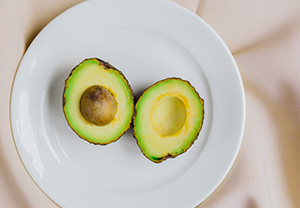
The majority of people get their vitamin D from the sun. But it's worth noting that due to the skin's melanin acting as a barrier to the sun, those of us with darker skin will need longer exposure to the sun in order to absorb doses. adequate vitamin D.
Vitamin D is best absorbed with a meal containing fat, such as avocados or fish. Most people do not know that our body needs magnesium to activate vitamin D. Therefore, if you are deficient in magnesium, it will be determined that vitamin D has no effect in your body.
The liposome is the liquid form of vitamin D. This form is more effective than tablets. Place the required dose under your tongue for better absorption and avoid drinking water for 15 minutes.
Vitamin K will enhance the effect of vitamin D. Some foods that contain vitamin K are:
- Kale
- Broccoli
- Lettuce
To get your daily dose of vitamin D, start with sunshine, then food and turn to supplements only if you are still deficient.
In short, yes. Before you run to the store and stock up on vitamin D supplements, it's important to know that high levels of vitamin D are dangerous. Indeed, 150 nanograms or more of vitamin D can cause:
- Nausea
- Vomiting
- Muscular weakness
- Confusion
- Pain
- Loss of appetite
- Dehydration
- Kidney stones
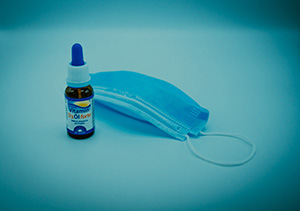
Fortunately, it is not possible to absorb too much vitamin D from the sun's rays. Our body will only absorb the amount it needs.
I hope this article has been helpful to you and of course it is always important to speak with your family doctor before taking any new form of supplements. Vitamin D is one of the most important vitamins for healthy hair, so it's important to consider it in your quest for healthy hair.
